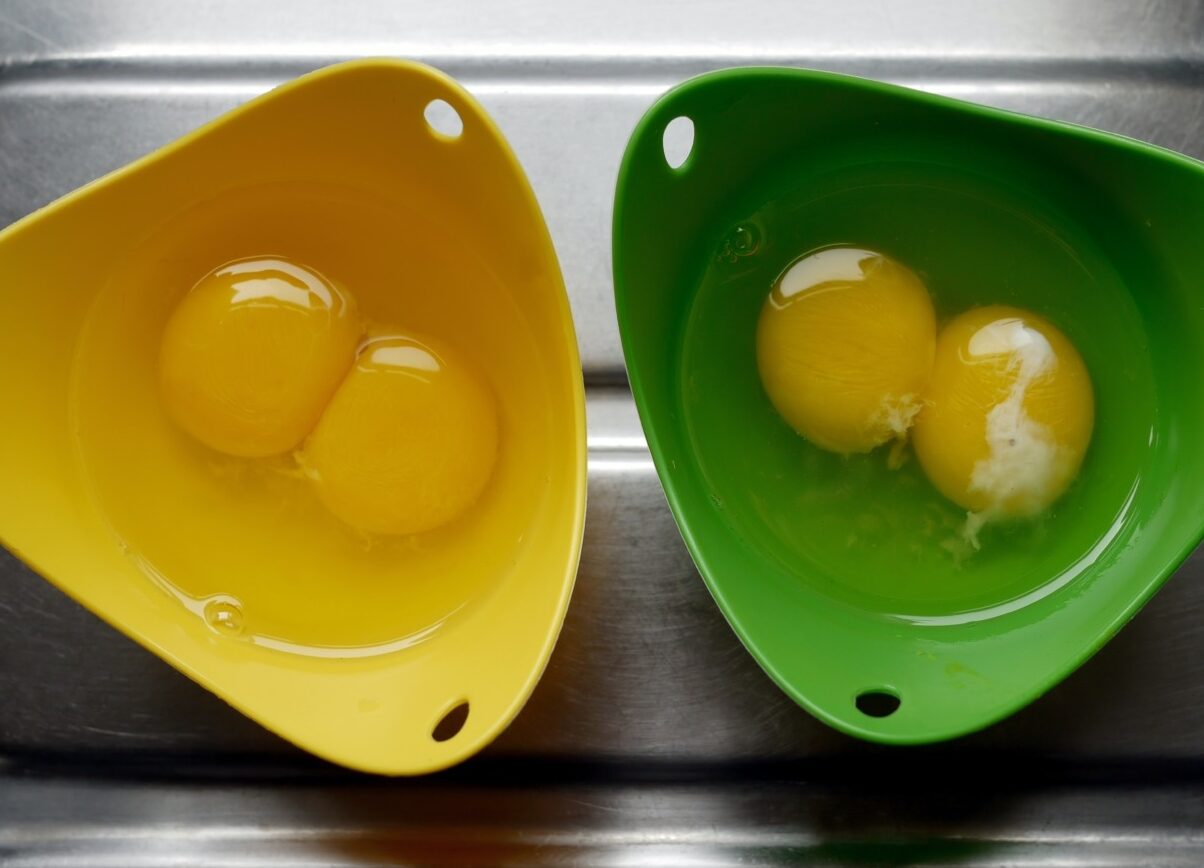The science of coincidence
Everyone’s life is full of coincidences – some minor, some incredible – and they cause us to react in different ways. At its most basic, a coincidence is an unexpected concurrence of events, and people imbue them with meaning. Coincidences are apparently random, meaning something to one person and nothing to another, and it may seem implausible that there could any scientific rationale controlling them. And yet, if you dig a little deeper, there are some surprising forces at work. Are coincidences, then, simply another scientific phenomenon?
As we explore coincidence, there are two things to bear in mind – our own reaction to things occurring, and the likelihood or surprise value of those things occurring.
Coincidences are apparently random, meaning something to one person and nothing to another, and it may seem implausible that there could any scientific rationale controlling them
Our sense of coincidence may be governed in part by apophenia, or the perception of connections and patterns in information. Humans are intrinsically wired to see patterns, faces and sounds because it was incredibly useful to our ancestors – if early man thought he saw a face somewhere but wasn’t too sure, it was considerably safer to be cautious and assume it definitely was. This is why we saw a face on Mars, and why there’s a news story every once in a while about Jesus appearing somewhere improbable – we’re just wired that way, but ancestors with a good sense of apophenia would live longer and be better placed to protect their children.
Confirmation bias is also a factor here. If we expect coincidence or things to connect, we often look for evidence that supports what we already believe, and we downplay evidence that contradicts it. With the advent of social media and the greater opportunities afforded to discover people and connect, some people see coincidences everywhere, and then they expect to see more coincidences, causing them to become anxious. Bernard Beitman, a former chairman of the Department of Psychiatry at the University of Missouri-Columbia, has even provided counselling to people who become paranoid as a result of seeing coincidence everywhere.
If we expect coincidence or things to connect, we often look for evidence that supports what we already believe, and we downplay evidence that contradicts it
Dr Beitman conducted an online survey in 2016 based on people who experience coincidences, and found that the most common type reported involves thinking of calling someone, only to have that person unexpectedly call you. He found that people who are intuitive or highly sensitive tend to experience more coincidence, as are people who are more outgoing. That personality types are associated with connections is a striking fact.
Of course, it’s not all about people – there’s some maths to do here too, and it makes some coincidences far less impressive. In a room of at least 23 people, there’s almost a 50:50 chance that at least two share a birthday, and that rises to 90% if you allow birthdays within a day of each other. It’s an interesting titbit, but applying numbers can reshape how we approach a situation. The mathematician Joseph Mazur relates a story about a mistaken identity in a hotel lobby, but notes that the event “is more common than we think because the numbers behind them are larger than we imagine”. He says that, if every hotel lobby in the world is included in a sum, it’s almost certain that mistaken identity coincidences should occur every hour.
That unlikely or extraordinary things happen should not be surprising given how much chance they have to happen
David Hand, a statistician and author of The Improbability Principle, defines something called the ‘probability lever’ – something that may be rare on average can be considerably less so in certain circumstances. His idea is linked to the law of truly large numbers – if something has a tiny chance of occurring, but enough opportunity to occur, then it will occur. That unlikely or extraordinary things happen should not be surprising given how much chance they have to happen. Hand draws on Littlewood’s law of miracles, which states that a person can experience events with odds of one in a million at the rate of about one per month – extrapolated globally, it’s extremely unlikely we wouldn’t experience something incredible.
Maths and psychology are strange bedfellows here – if there is enough time and enough interest, coincidences and connections can be found anywhere. Next time you experience a coincidence, enjoy it, but also appreciate the wonderful human and mathematical processes that govern it – thanks to sums, tomorrow you could enjoy a miracle.

Comments